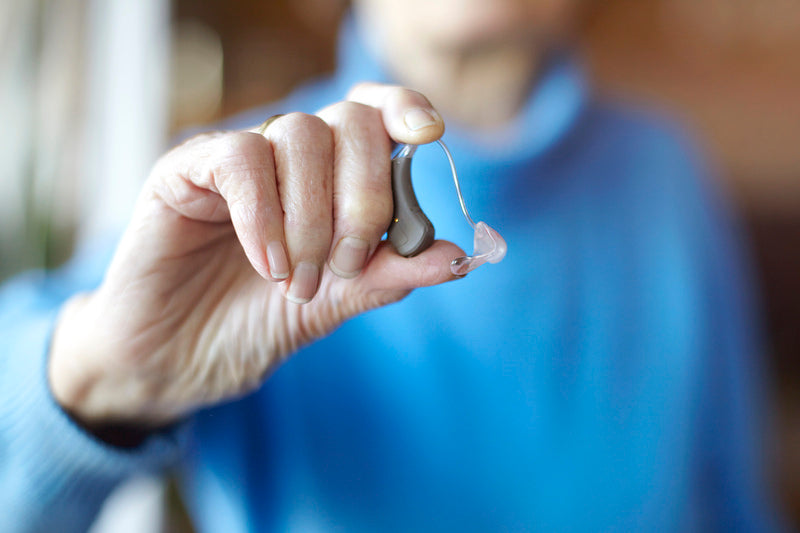Symptoms Of Depression
Depression is a serious mental health condition that affects millions of people worldwide. It can have a significant impact on a person's daily life, relationships, and overall well-being.
Preventing depression involves adopting a proactive approach to mental well-being. While it may not be possible to completely eliminate the risk of depression, there are steps individuals can take to reduce its occurrence and severity. Here are some strategies for preventing depression:
Maintain a Healthy Lifestyle
Build Strong Support Networks
Manage Stress
Engage in Positive Activities
Challenge Negative Thoughts
Seek Professional Help
Limit Substance Abuse
Remember that prevention strategies may vary for each individual. It is important to listen to your own needs, seek help when necessary, and prioritize self-care. By being proactive in managing your mental well-being, you can reduce the risk of depression and enhance your overall quality of life.

Recognizing the symptoms of depression is crucial for early intervention and appropriate treatment. In this article, we will explore some common signs and symptoms of depression, shedding light on this complex condition and encouraging greater awareness and understanding.
Persistent Sadness or Low Mood
One of the primary symptoms of depression is a persistent feeling of sadness or low mood. Individuals with depression may experience intense feelings of emptiness, hopelessness, or worthlessness that linger for weeks or even months. This emotional state may be unrelated to external circumstances and can significantly impact a person's ability to enjoy activities they once found pleasurable.
Loss of Interest and Pleasure
A loss of interest or pleasure in previously enjoyed activities, known as anhedonia, is another common symptom of depression. Hobbies, socializing, and even spending time with loved ones may lose their appeal, leaving individuals feeling emotionally detached and disconnected. This loss of interest can contribute to a sense of isolation and exacerbate feelings of sadness and emptiness.
Changes in Appetite and Weight
Depression often affects appetite and eating habits. Some individuals may experience a significant decrease in appetite, resulting in weight loss, while others may have an increased appetite, leading to weight gain. These changes are not necessarily related to a deliberate attempt to alter body weight but rather reflect the impact of depression on the individual's physical and emotional well-being.
Sleep Disturbances
Sleep disturbances are prevalent among individuals with depression. Some people may find it difficult to fall asleep or stay asleep, experiencing insomnia or broken sleep patterns. On the other hand, depression can also lead to excessive sleepiness or hypersomnia, where individuals may sleep excessively but still wake up feeling tired and unrefreshed. These disturbances can further contribute to the cycle of fatigue and low mood.
Fatigue and Lack of Energy
Feelings of fatigue and a pervasive lack of energy are common symptoms of depression. Even simple tasks that were once manageable may become overwhelming and exhausting. Individuals may experience a sense of heaviness in their limbs, making it challenging to carry out daily activities or engage in work or social interactions.
Difficulty Concentrating and Making Decisions
Depression can impair cognitive functions, making it difficult to concentrate, focus, and make decisions. Individuals may experience a decline in memory, have trouble completing tasks, or feel mentally foggy. These cognitive symptoms can interfere with work, academic performance, and overall functioning, contributing to feelings of frustration and self-doubt.
Conclusion
Recognizing the symptoms of depression is vital for early intervention and appropriate support. The symptoms of depression can vary from person to person, and not everyone will experience the same combination or intensity of symptoms. If you or someone you know is displaying signs of depression, it is important to seek help from a mental health professional who can provide an accurate diagnosis and develop a treatment plan. With the right support and treatment, individuals with depression can regain control of their lives and find renewed hope and happiness.




